 From quantum physics arrive two results that exceed the limits reached so far in sensitivity and precision in the measurements of the phenomena related to General Relativity and to gravitational physics. The results, published in Physical Review Letters were obtained in two atomic interferometry experiments by a team of researchers from the University of Florence and of INFN. At the base of the two experiments are atomic interferometry apparatuses, built in Florence, and based on the use of “atomic fountains” created with a laser. In the first experiment, carried out within the scope of the MAGIA Advanced project, the researchers developed a method that will allow testing of the validity of Einstein’s equivalence principle with unprecedented accuracy. By cooling the rubidium atoms down to almost absolute zero with a laser and launching them upwards in a vacuum system, the conditions to measure the fall of weights were created by eliminating the effects due to the variation of the earth’s gravity, which influence any classical measurement.Then, using strontium atoms, the researchers built a second experiment that proved to be valid for future measurement experiments, on a quantum scale, of low-frequency gravitational waves, with even higher sensitivities than those obtained by the LIGO and VIRGO interferometers. This second experiment thus opens the way to the construction of high precision atomic interferometry instruments to study gravitational waves in a region of frequency that cannot be observed with current terrestrial optical interferometers, instruments also useful for future spatial experiments in collaboration with the European Space Agency (ESA) and the Italian Space Agency (ASI).
From quantum physics arrive two results that exceed the limits reached so far in sensitivity and precision in the measurements of the phenomena related to General Relativity and to gravitational physics. The results, published in Physical Review Letters were obtained in two atomic interferometry experiments by a team of researchers from the University of Florence and of INFN. At the base of the two experiments are atomic interferometry apparatuses, built in Florence, and based on the use of “atomic fountains” created with a laser. In the first experiment, carried out within the scope of the MAGIA Advanced project, the researchers developed a method that will allow testing of the validity of Einstein’s equivalence principle with unprecedented accuracy. By cooling the rubidium atoms down to almost absolute zero with a laser and launching them upwards in a vacuum system, the conditions to measure the fall of weights were created by eliminating the effects due to the variation of the earth’s gravity, which influence any classical measurement.Then, using strontium atoms, the researchers built a second experiment that proved to be valid for future measurement experiments, on a quantum scale, of low-frequency gravitational waves, with even higher sensitivities than those obtained by the LIGO and VIRGO interferometers. This second experiment thus opens the way to the construction of high precision atomic interferometry instruments to study gravitational waves in a region of frequency that cannot be observed with current terrestrial optical interferometers, instruments also useful for future spatial experiments in collaboration with the European Space Agency (ESA) and the Italian Space Agency (ASI).
You might also be interested in
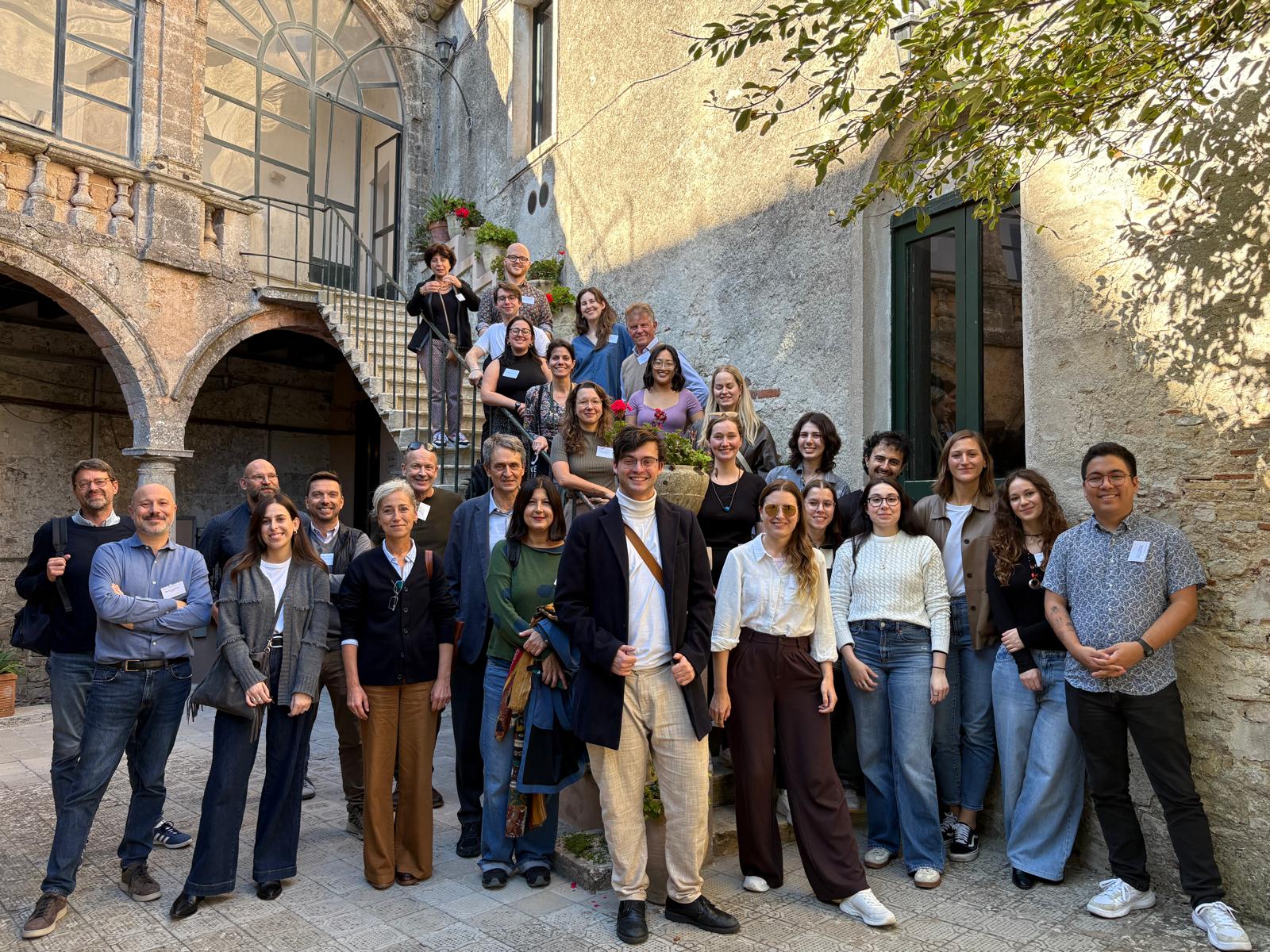
ORIGINS. Exploring Science Communication and Journalism
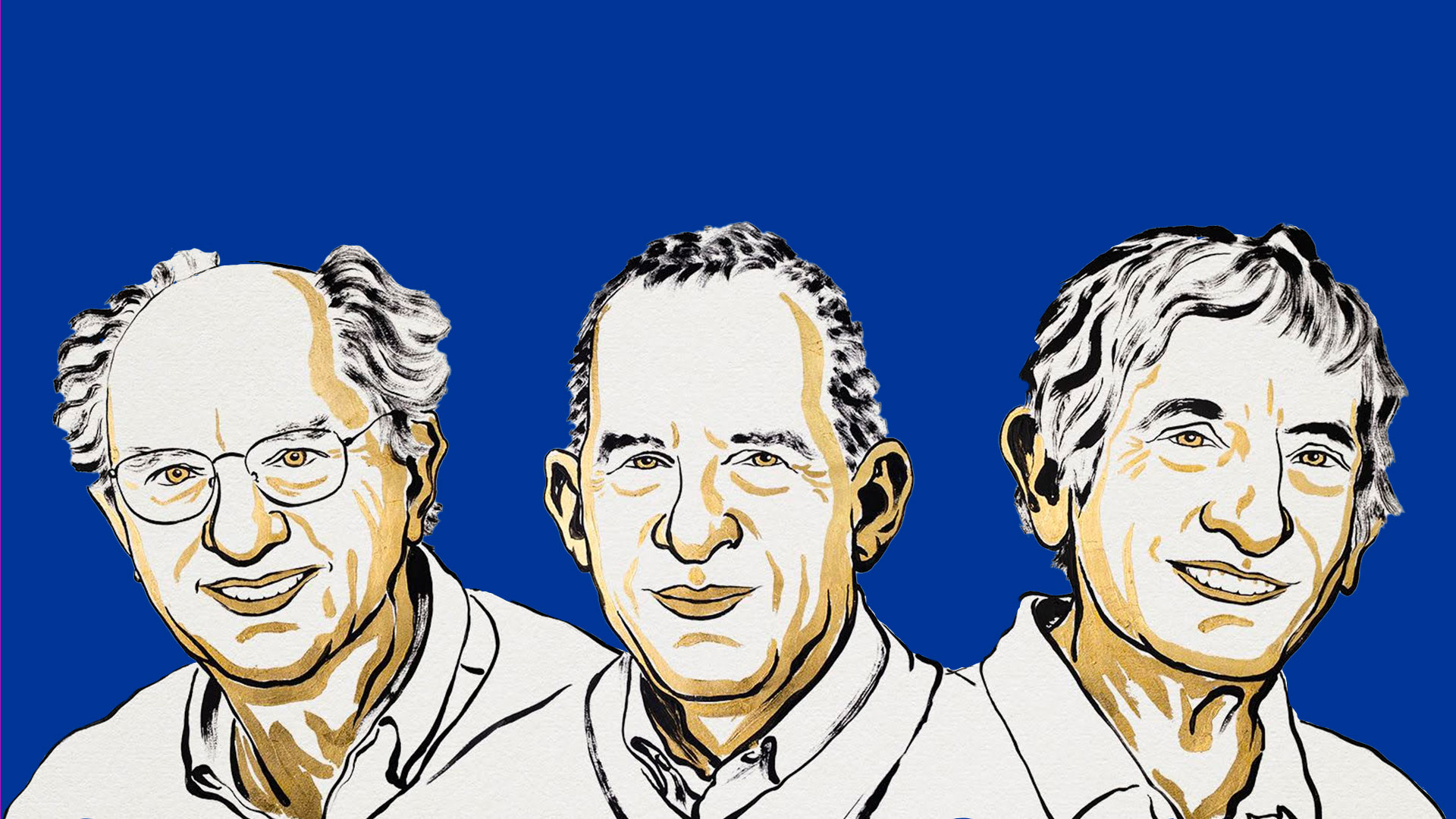
Nobel Prize in Physics 2025: congratulations to John Clarke, Michel H. Devoret and John M. Martinis
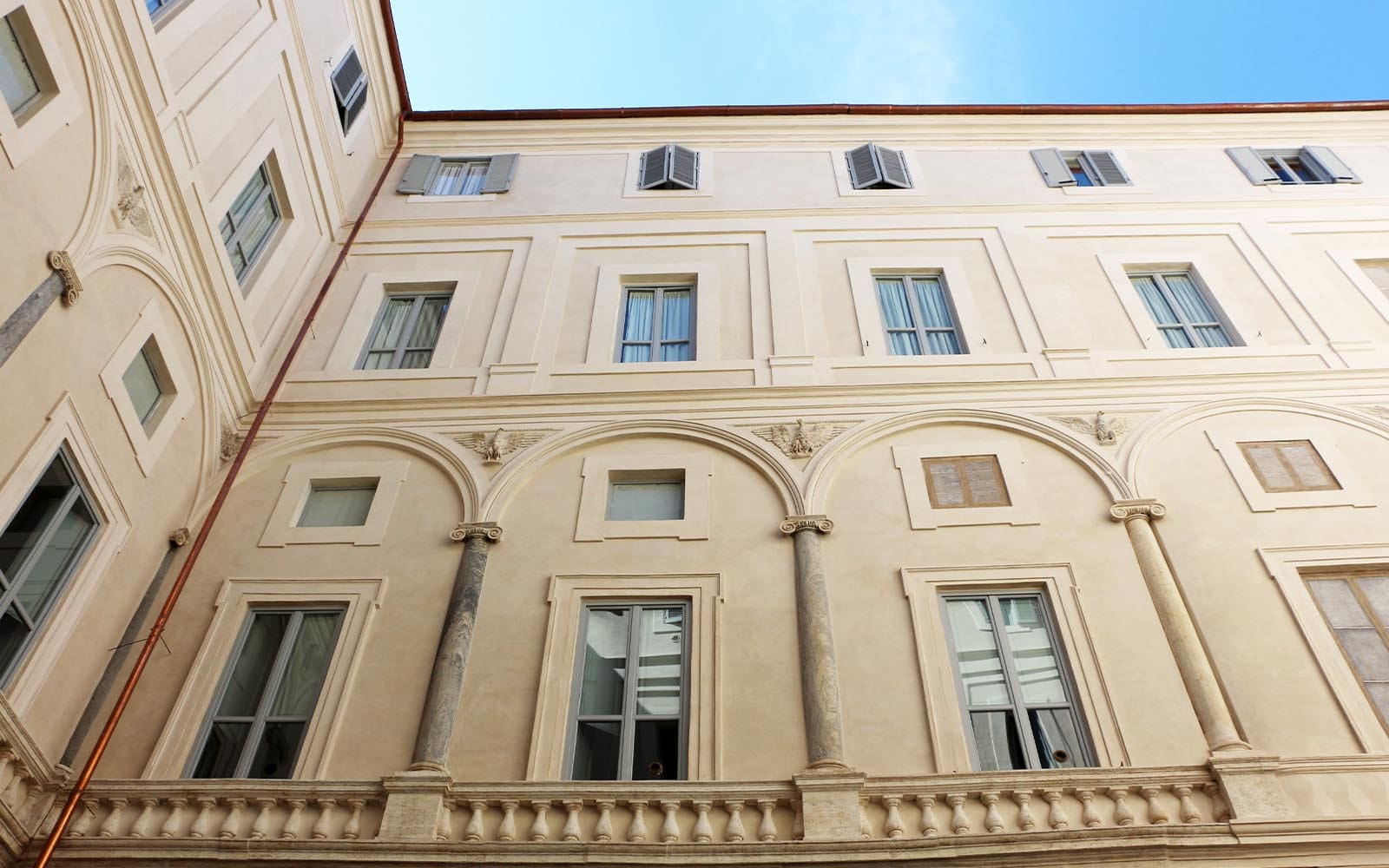
INFN statement in support of peace in Gaza and commitment to scientific diplomacy
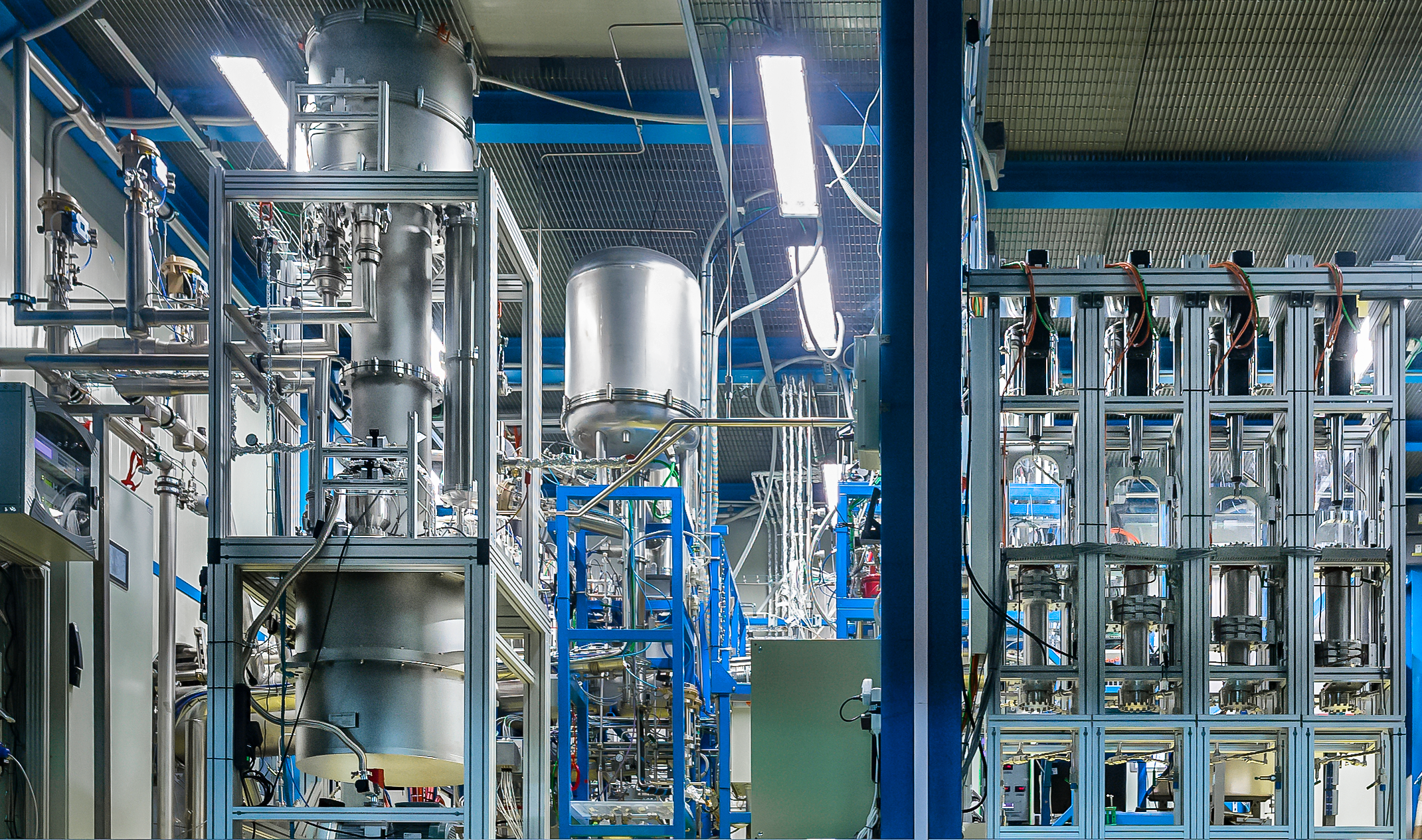
XENONnT: record levels of purity achieved in the search for dark matter
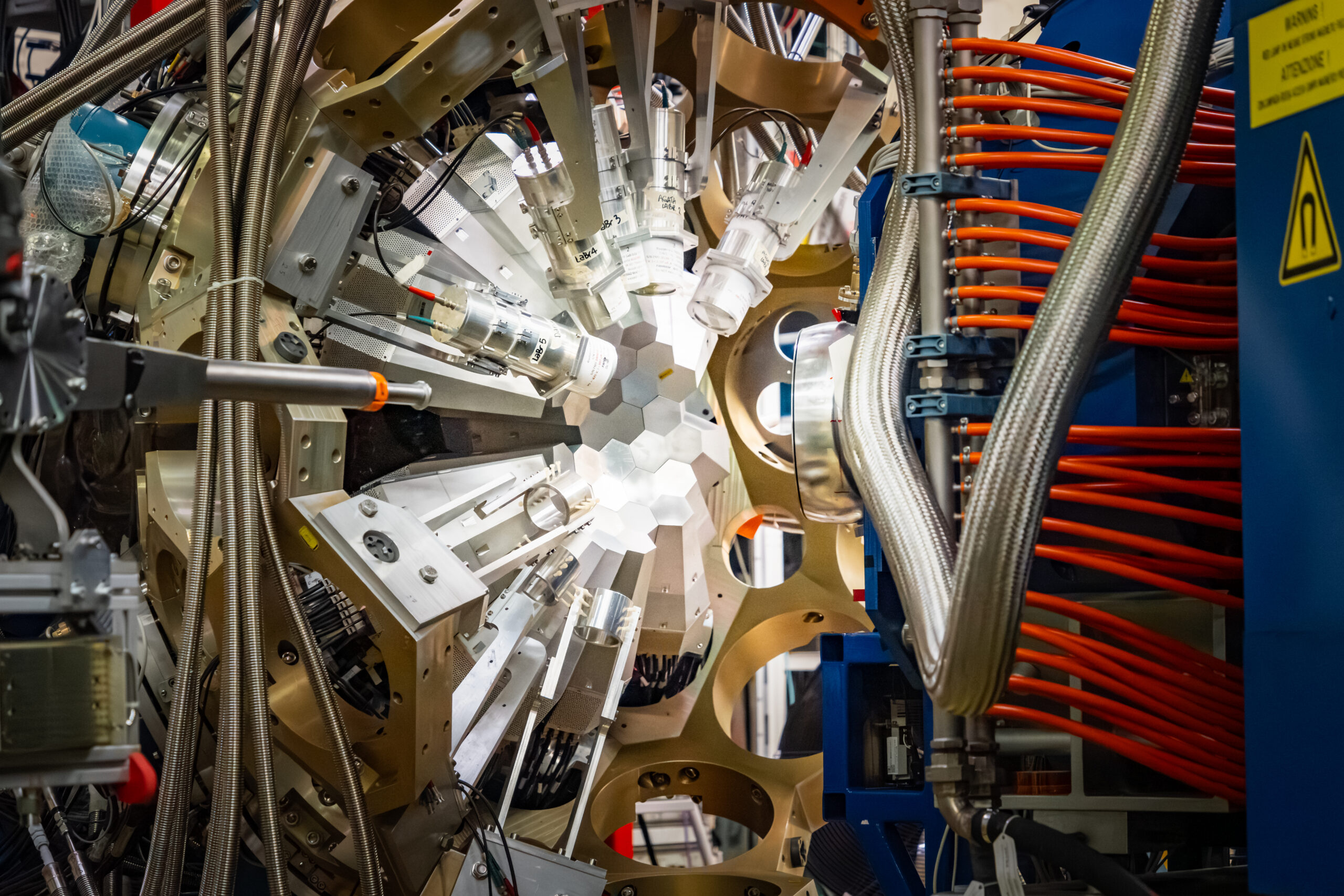
Physics Photowalk 2025: the ten pictures on the Italian podium
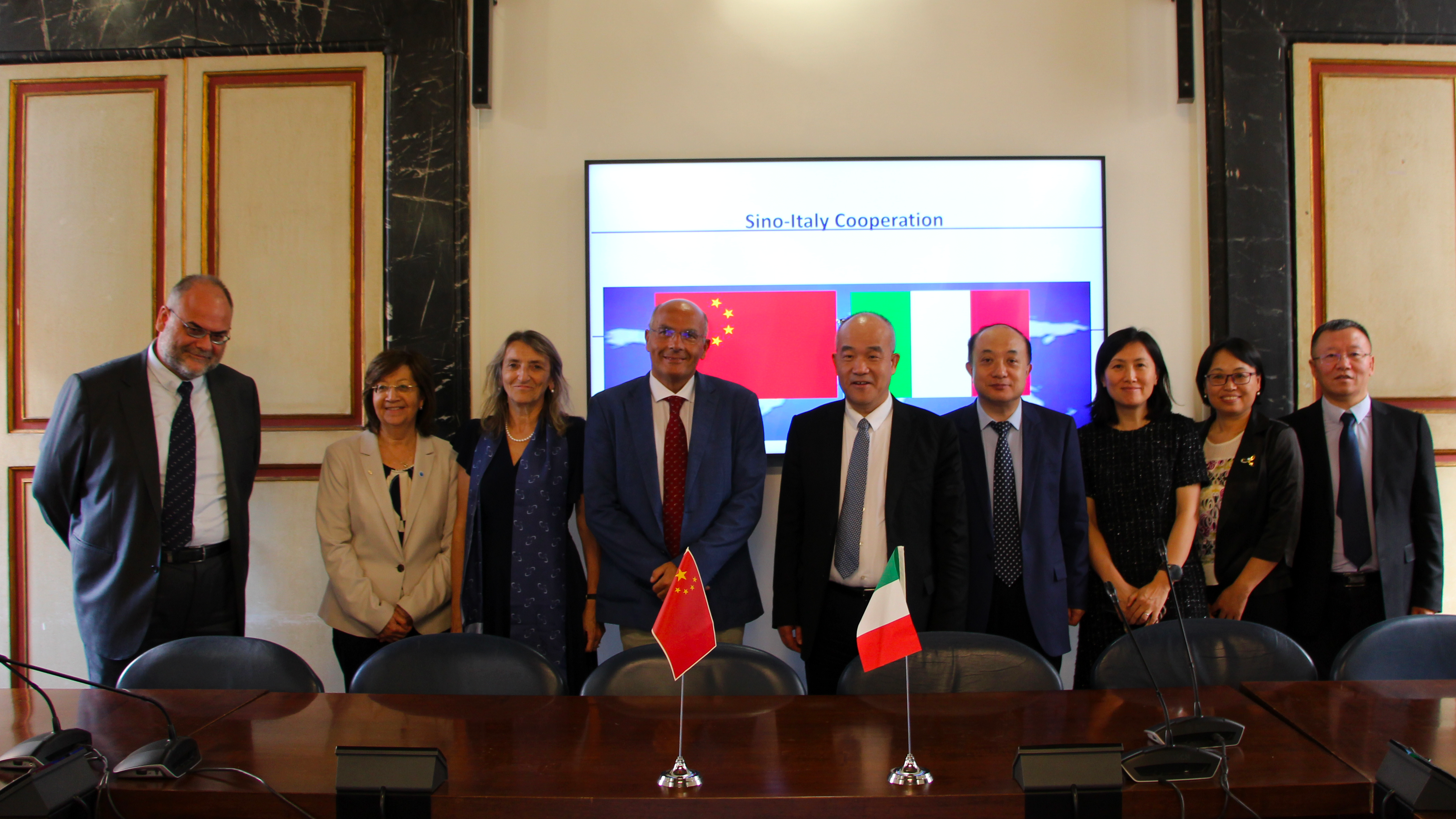
Italy-China: important bilateral meeting between NSFC and INFN
26 September 2025
Read more Italy-China: important bilateral meeting between NSFC and INFN